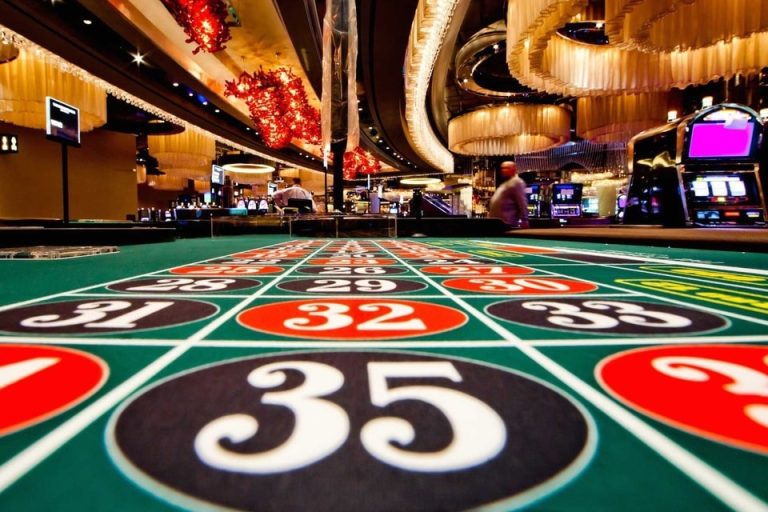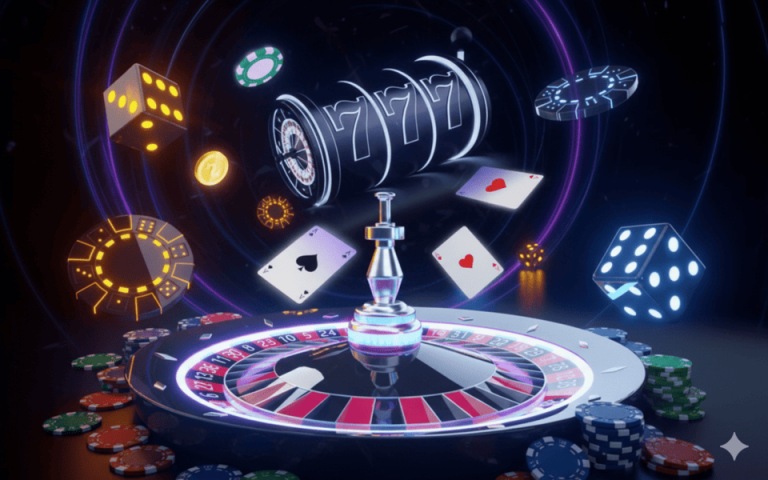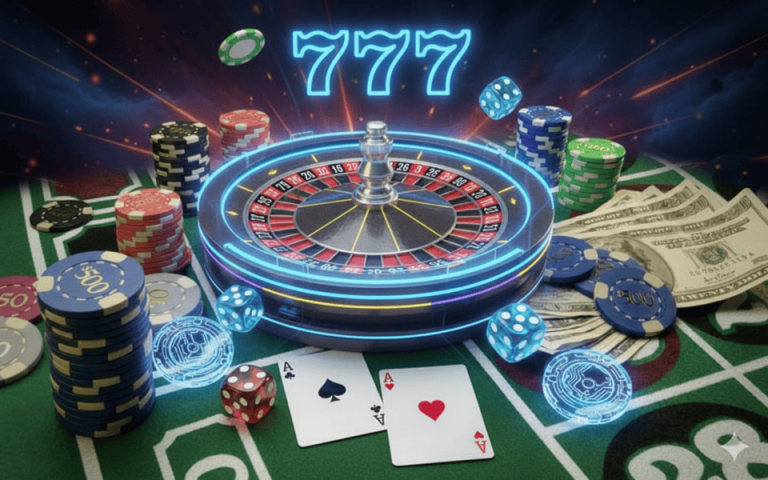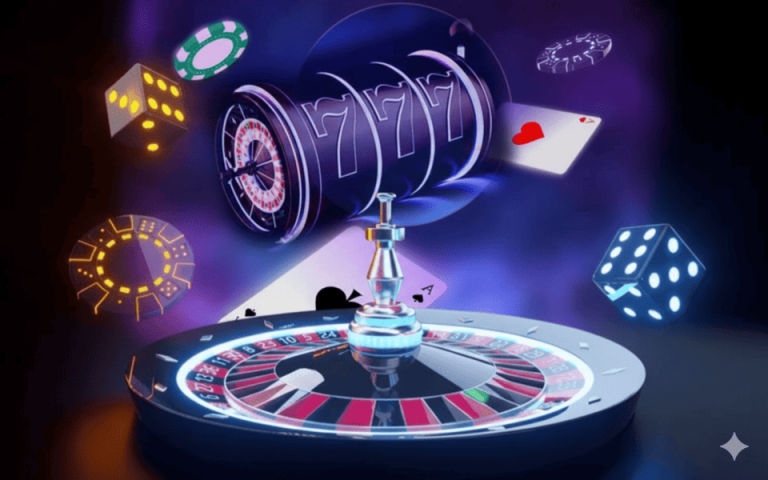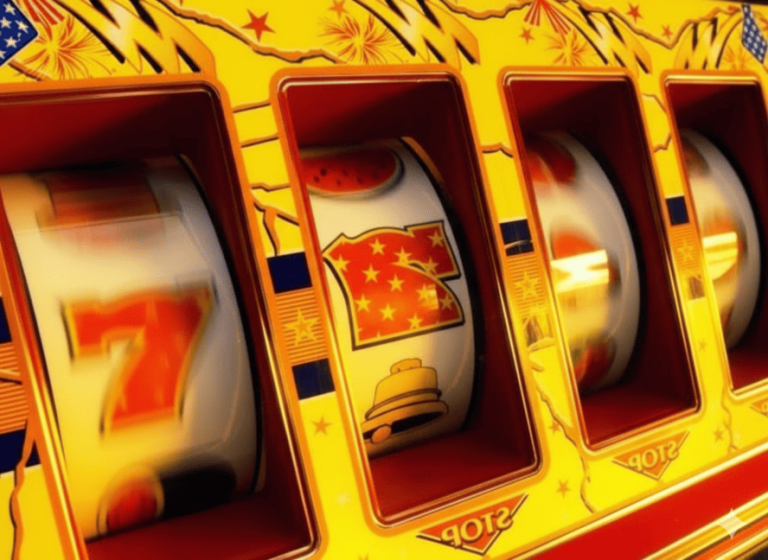A Risky Remedy for Exhaustion
Fatigue is a common modern-day ailment, often dismissed with caffeine or brief naps. However, an increasing number of people are turning to gambling as an unconventional remedy. At platforms like Nomini, this trend raises important questions: why would someone bet when they’re tired, and what psychological mechanisms are at play?
This article explores the unexpected phenomenon of players gambling to combat fatigue, examining the emotional and cognitive triggers, potential risks, and expert opinions about this behavior.
Understanding the Link Between Fatigue and Gambling
Fatigue as an Emotional Trigger
When physically or mentally exhausted, individuals often seek emotional relief. Gambling offers intense emotional stimulation, providing a temporary escape from tiredness and lethargy.
Cognitive Dulling and Impulse Control
Fatigue impairs cognitive functions and reduces impulse control, making gambling seem appealing for quick emotional and mental stimulation, despite the inherent risks.
The Psychological Drivers
Seeking Stimulation and Energy
Gambling induces adrenaline and dopamine rushes, creating a false sense of energy and alertness, enticing exhausted players to pursue betting as an energizing activity.
Escapism and Emotional Relief
Tiredness often signals emotional and mental overload. Betting becomes an escape mechanism, offering relief and distraction from daily stressors and emotional exhaustion.
Cognitive Implications of Betting While Tired
Impaired Decision-Making
Fatigue affects judgment, leading to risky bets and poor decision-making. Players underestimate risks, miscalculate odds, and make impulsive wagers.
Reduced Awareness and Reflection
Exhaustion reduces self-awareness, leading players to overlook their emotional state and gambling behavior, increasing the risk of prolonged and problematic gambling.
Expert Insights on Fatigue-Driven Gambling
Dr. Eva Papadakis, Clinical Psychologist
“When tired, individuals naturally seek quick emotional upliftment. Gambling provides immediate emotional gratification, temporarily masking fatigue and emotional stress.”
Andreas Constantinou, Player Behavior Analyst
“Our data reveals increased risky betting behaviors during late-night sessions. Players often turn to betting when fatigued, possibly seeking emotional excitement to combat tiredness.”
Risks Associated with Gambling on Fatigue
Increased Financial Vulnerability
Fatigue-driven gambling often involves higher risks, leading to greater financial losses due to impaired decision-making and impulsivity.
Escalation into Compulsive Gambling
Repeatedly using gambling as a remedy for exhaustion increases dependency, potentially escalating into compulsive gambling behaviors.
Real-Life Accounts
Giorgos, 42, Nicosia
“After long days at work, gambling online at casino feels like the quickest way to unwind. But I notice I make poorer decisions when exhausted, and often regret the outcomes.”
Marina, 33, Athens
“Sometimes when I’m too tired to sleep, I gamble. It seems to wake me up. Only later do I realize how much more I’ve spent than intended.”
Managing the Urge to Bet When Tired
Recognizing Emotional and Physical Signals
Players should be mindful of their emotional and physical states, recognizing tiredness as a trigger for risky gambling behavior.
Setting Strict Personal Limits
Using responsible gambling tools offered by platforms – such as deposit and session limits – can help mitigate fatigue-induced betting risks.
Casino’s Role in Promoting Responsible Gambling
Alert and Break Systems
Casino implements automated session breaks and fatigue alerts, encouraging players to pause, reassess, and avoid betting under fatigue.
Educational Resources
Casino offers resources about the risks of gambling while exhausted, promoting informed decision-making and responsible gambling practices.
Preventative Measures and Healthy Alternatives
Sleep Hygiene and Rest
Emphasizing healthy sleep patterns and rest routines can significantly reduce the impulse to gamble as a remedy for fatigue.
Alternative Activities
Encouraging engagement in non-risky stimulating activities, such as physical exercise, meditation, or social interaction, provides safer ways to address tiredness.
The Societal Context
The Culture of Exhaustion
Modern societies glorify exhaustion as a sign of productivity. Gambling emerges as a readily accessible but risky coping mechanism within this culture.
Digital Availability and Convenience
The accessibility and ease of platforms facilitate impulsive betting behaviors, especially for tired individuals seeking quick emotional relief.
Long-Term Consequences
Chronic Gambling Habits
Regularly gambling under fatigue conditions can establish persistent and problematic gambling behaviors, leading to long-term psychological and financial issues.
Emotional and Physical Health Risks
Continued reliance on gambling for managing tiredness can exacerbate fatigue and emotional exhaustion, creating a vicious cycle.
Conclusion: Betting on Awareness, Not Fatigue
Turning to gambling as a solution for fatigue presents considerable psychological, emotional, and financial risks. Awareness, responsible behavior, and practical strategies are essential in managing these urges.
Casino actively promotes responsible gambling through educational initiatives, player-supportive tools, and continuous commitment to awareness. By recognizing the dangers and employing mindful practices, players can effectively manage fatigue without resorting to risky betting behaviors.

